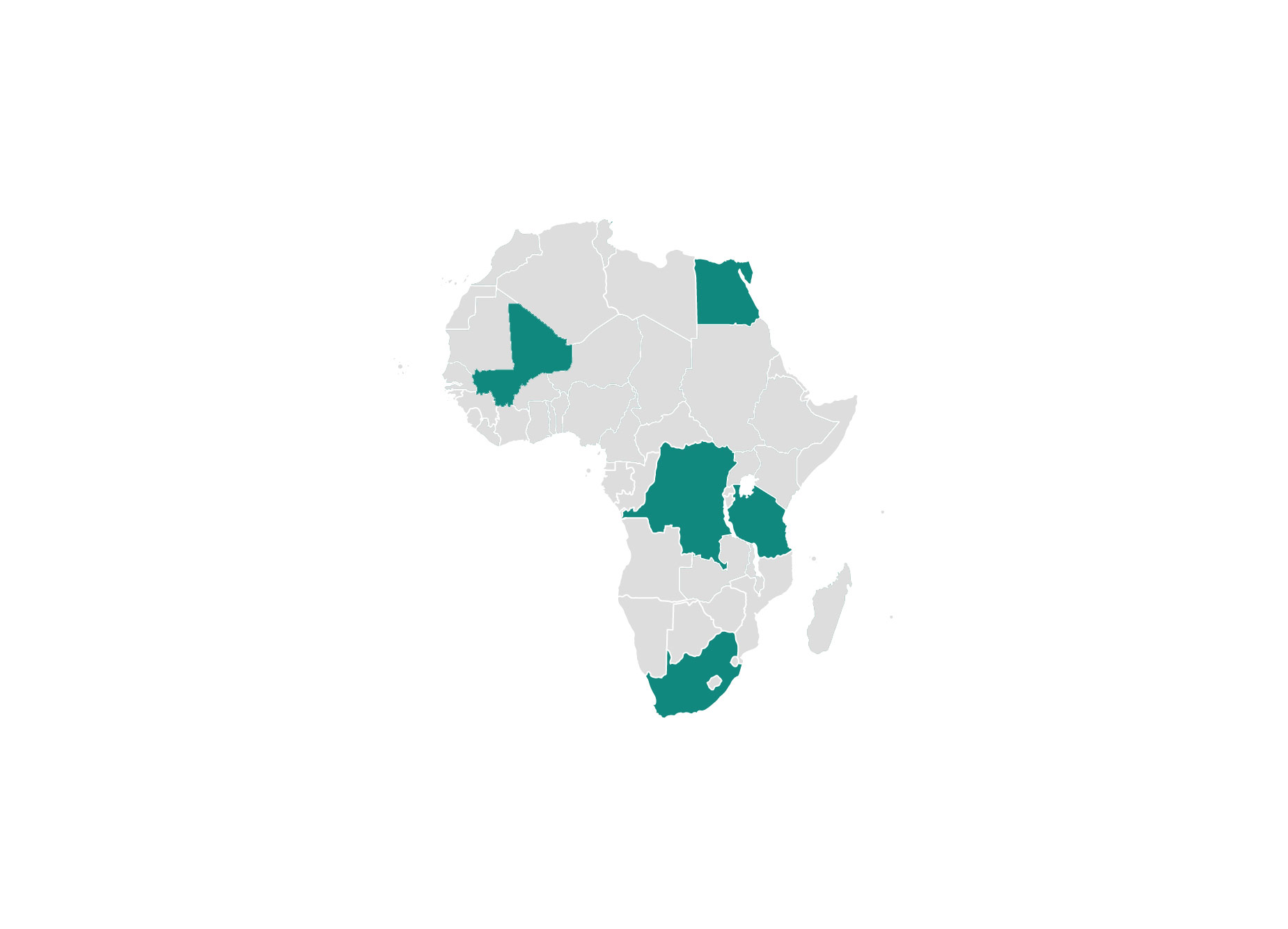SDG Tracker


Water is not only a water issue, and is intertwined to all SDGs. In close collaboration with Wavemakers United, the AYPW as a leading youth organization in the water sector across the continent, plays a pivotal role on the implementation of a database reflecting on the progress of the UN 2030 Sustainable Development Goals (SDGs) based on all recorded projects from all active African Youth Organisations.
The SDGs Tracker Initiative is all about building a real-time platform that gives a clear, data-driven look at how SDGs are being implemented across five regions in Africa: North, West, Central, East, and Southern Africa. This tool spotlights what is going well, what are the gaps, and helps stakeholders figure out where to focus their investments and resources to make the biggest impact.
-
Addresses gaps by developing a centralized, data-driven platform that monitors the progress
of SDG-related projects across five African regions. - Provides insights into areas of achievement and those requiring further development.
-
Offers stakeholders—governments, NGOs, and donors—a clear understanding of where
progress is being made and where additional resources are needed.


Western Africa: case study Mali
Focus : SDG 2 & SDG 16
Successes: In 2025, Food insecurity reduced by 15% with resilient crops.
Tracker Role: Monitor and collect data on Direct resources implemented to reduce hunger by 25% in conflict zones.

North Africa: case study Egypt
Focus: SDG 6 & SDG 11
Challenges: 30% lack clean water in rural areas, due to rapid urbanization
Successes: In 2025, Water quality improved by 25%, housing for 1M in New Cairo
Tracker Role: Monitor and collect data on rural water access improvements by 20%

Eastern Africa: Case Study Tanzania
Focus : SDG 7 & SDG 4
Successes: In 2025, Solar power increased attendance by 18%.
Tracker Role: monitor and collect data on Increasement of rural electrification by 15%, improving education.

Central Africa: Case Study Democratic Republic of the Congo
Focus : SDG 1 & SDG 3
Successes: In 2025, Child mortality dropped 12% in urban areas.
Tracker Role: Monitor and collect data on targeted healthcare and poverty reduction In rural areas

South Africa
Focus: SDG 8 & SDG 10
Challenges: 32.9% unemployment, and urban-rural inequality.
Successes: By 2025, the Expanded Public Works Programme (EPWP) created 4.5M jobs, and youth unemployment fell by 15%
Tracker Role: Monitor and collect data on reducing rural unemployment by 10%





